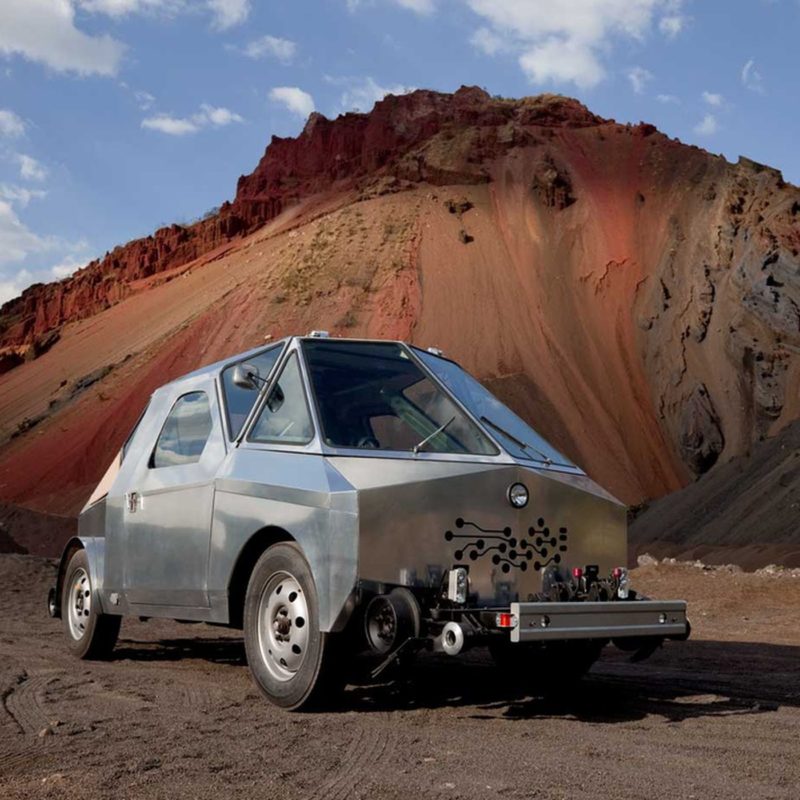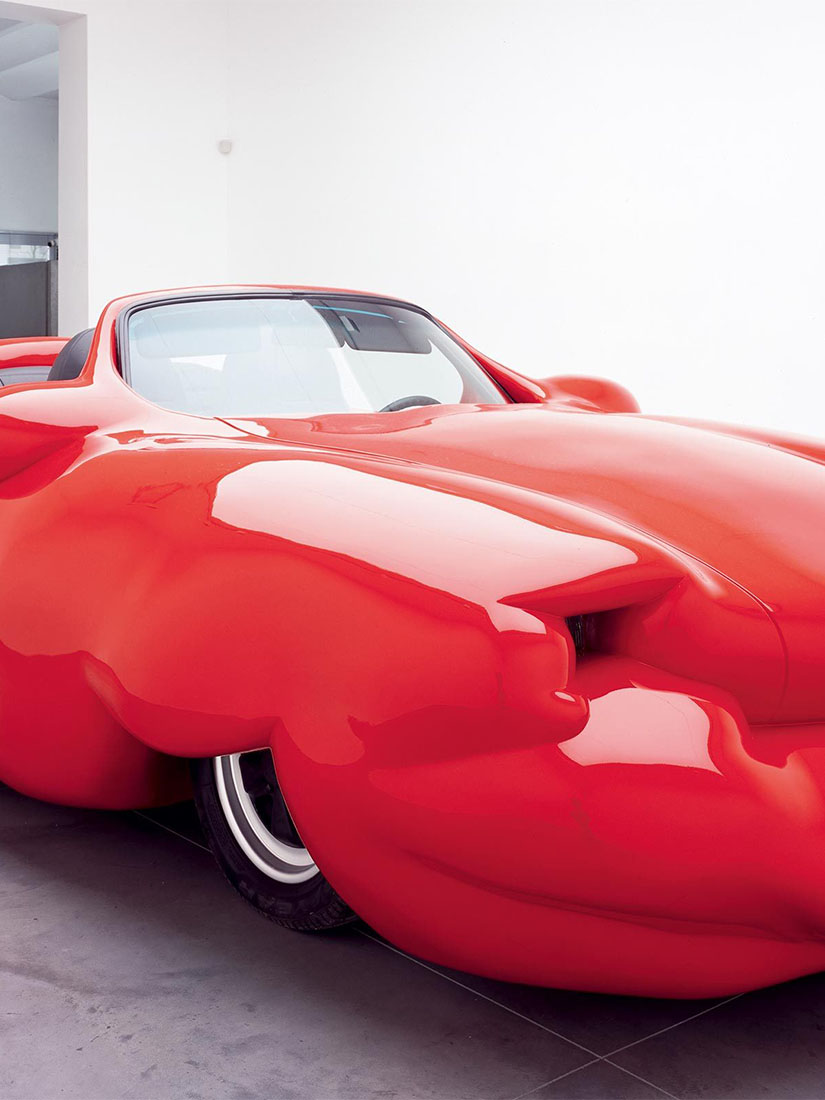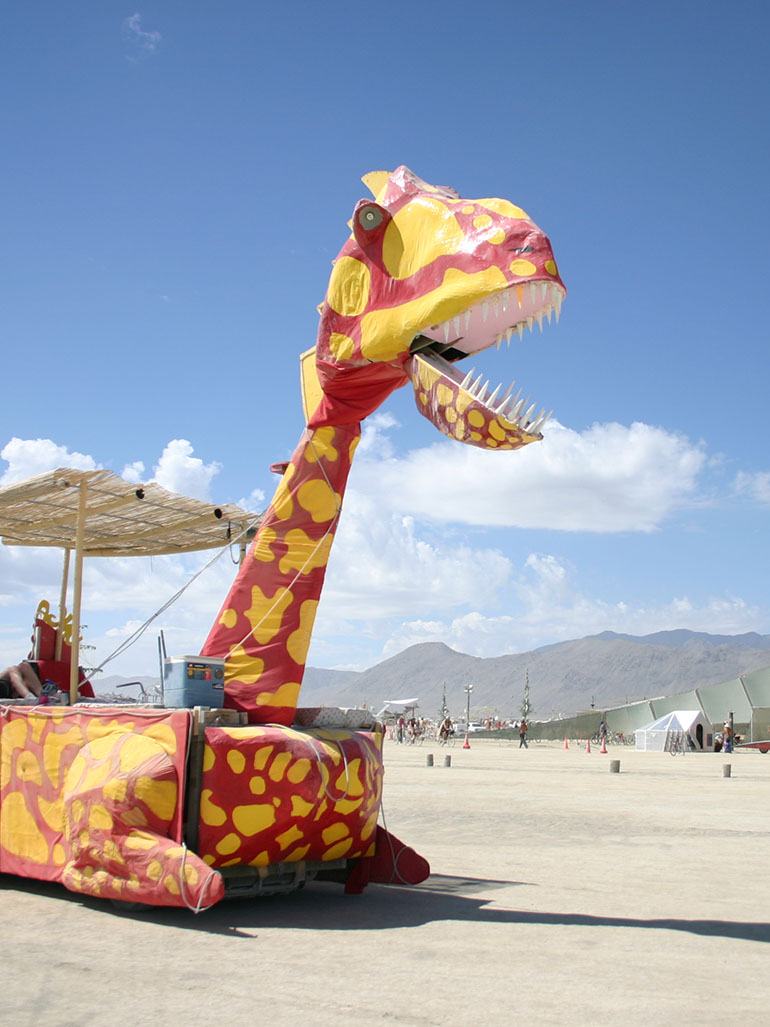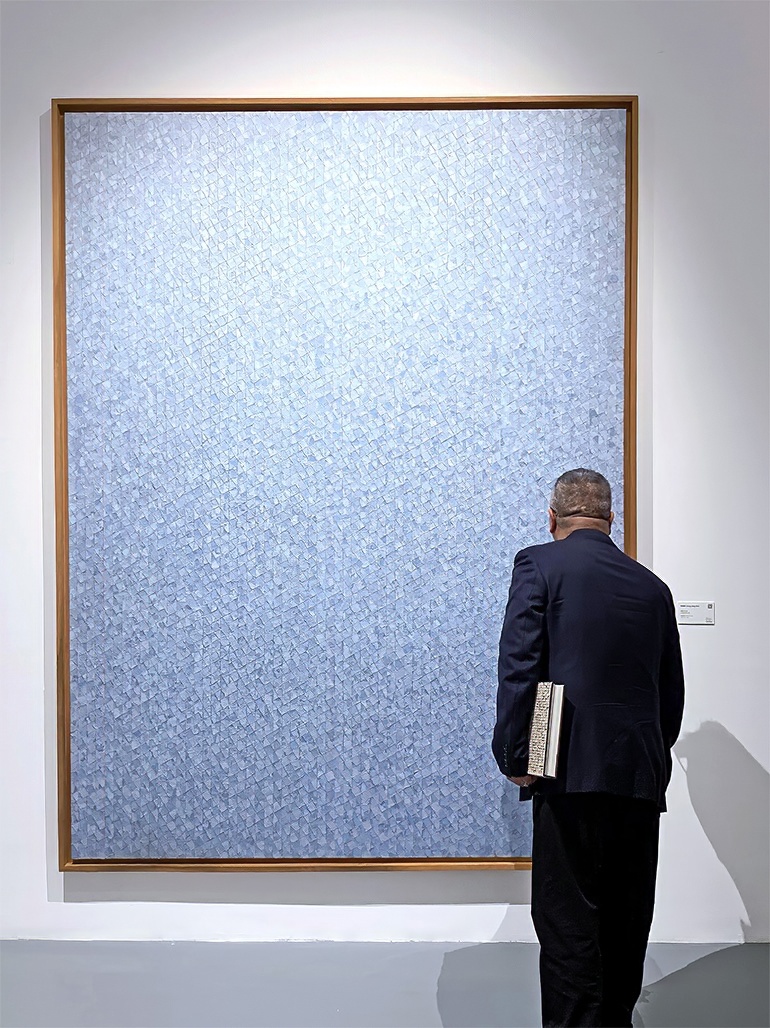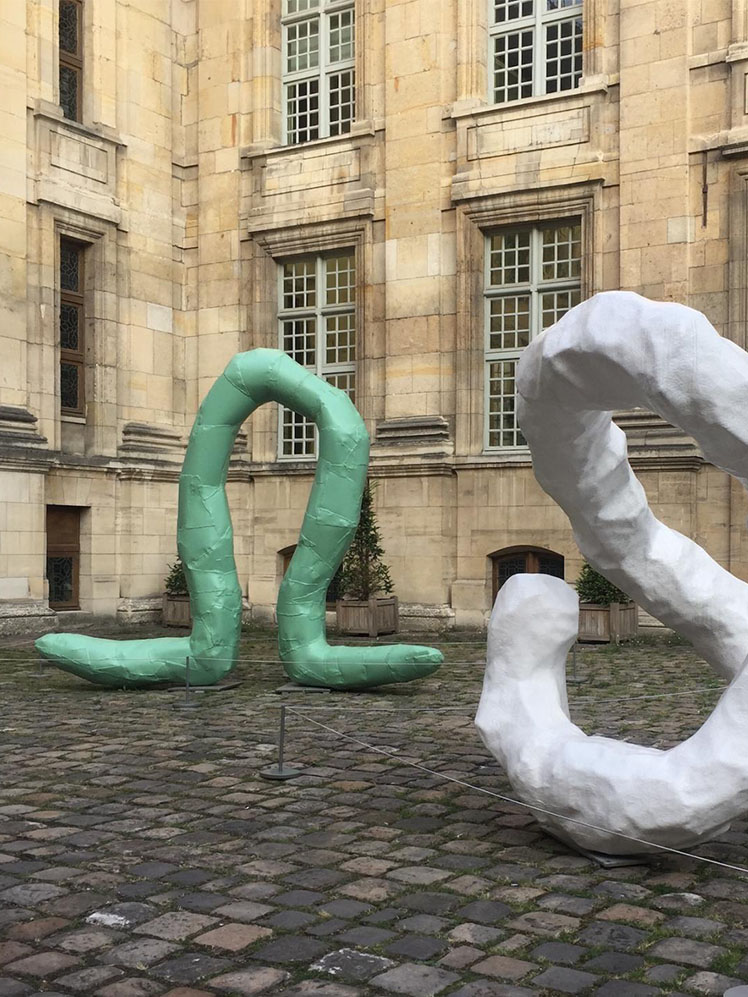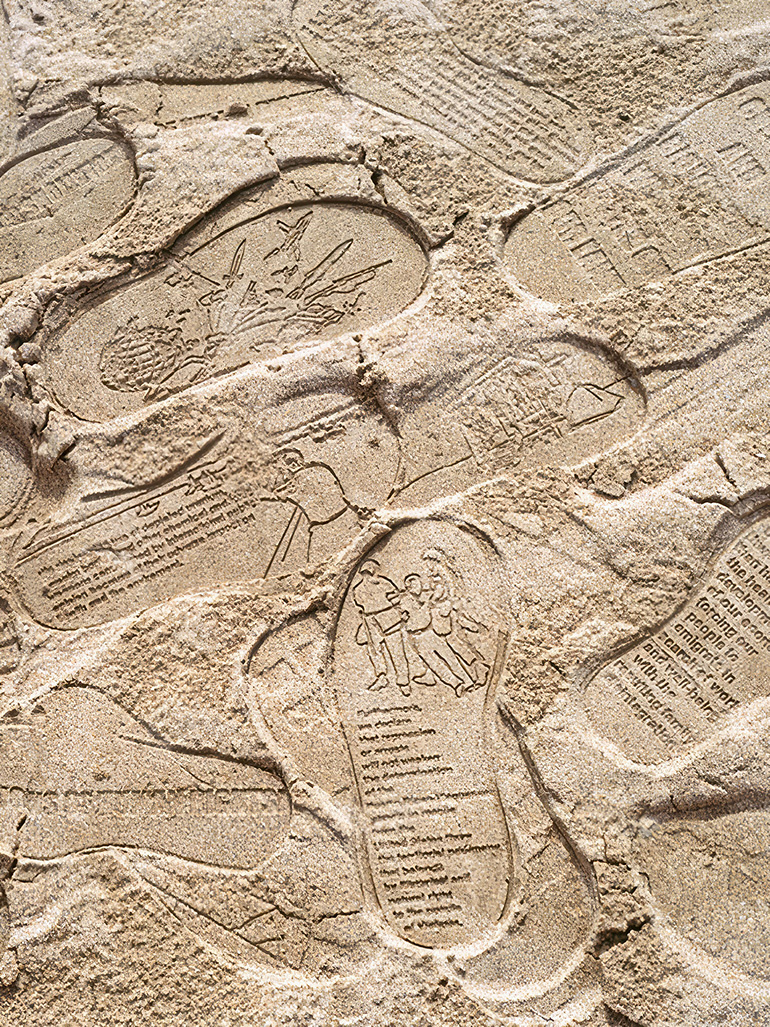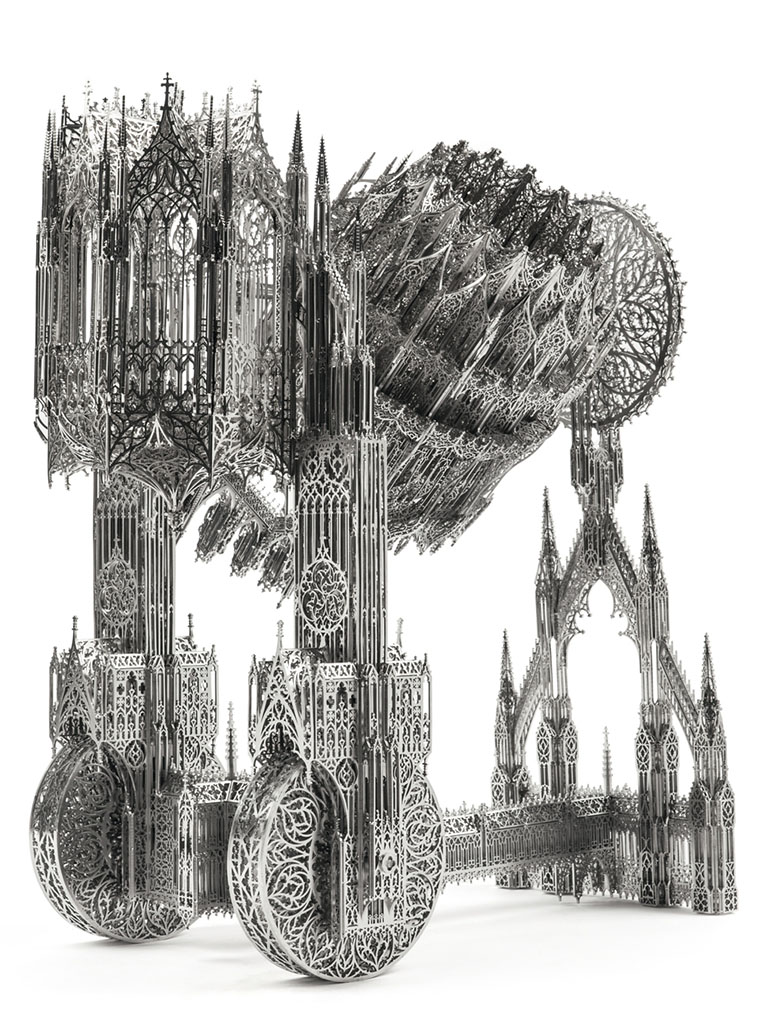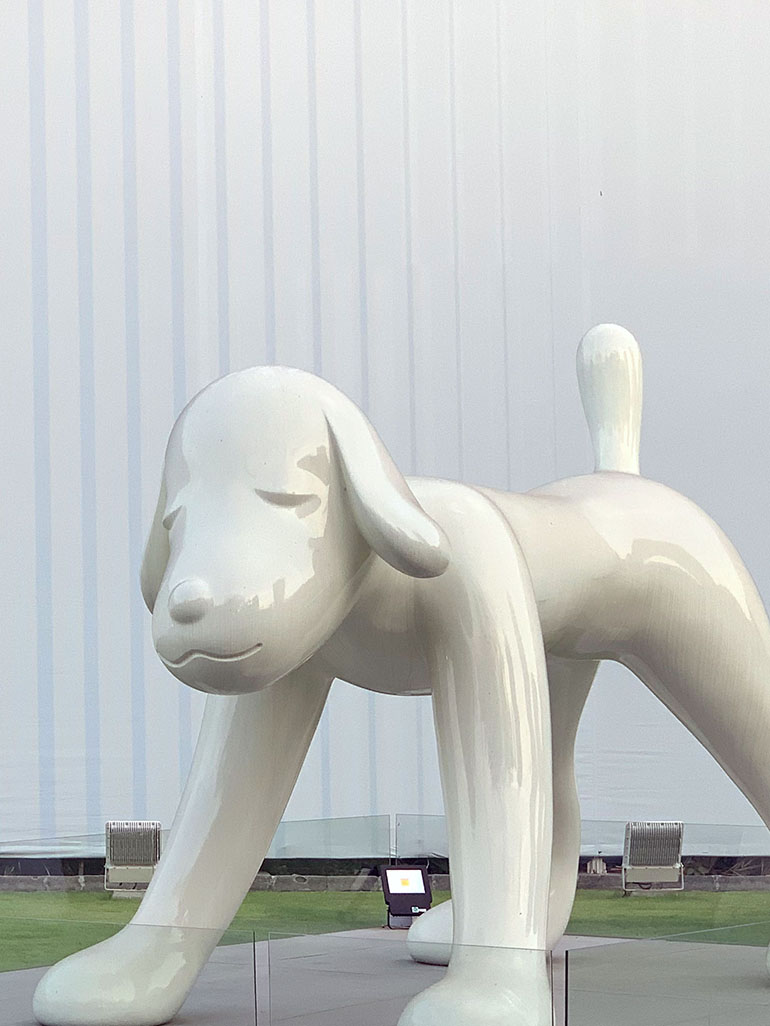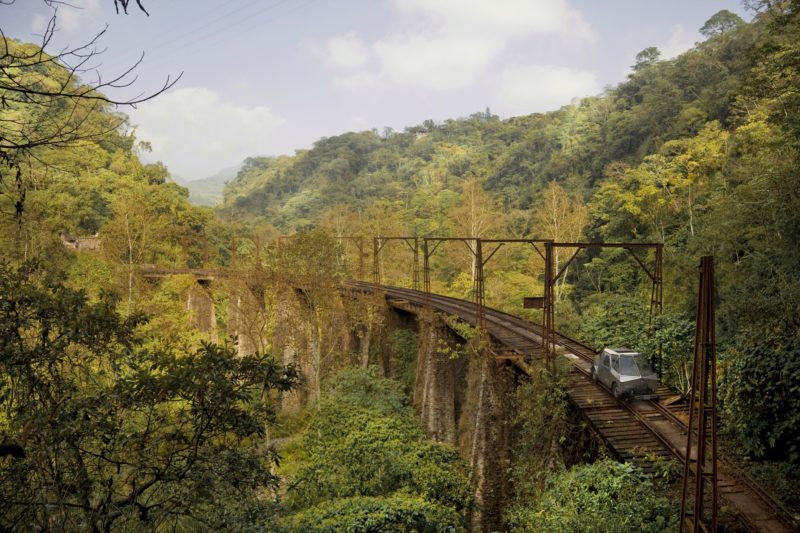
About SEFT-1
Artists and brothers Ivan Puig and Andres Padilla Domene were the masterminds responsible for SEFT-1 Abandoned Railways Exploration Probe project. SEFT-1 or Sonda de Exploración Ferroviaria Tripulada was an interactive, interdisciplinary art project that explored disused railway lines and their historical importance and social implications.

As a road and rail vehicle, the creation by Mexican 1 artists, who collectively went by the name of Los Ferronautas was designed to explore the uninhibited and abandoned railways of Ecuador 2 and Mexico.
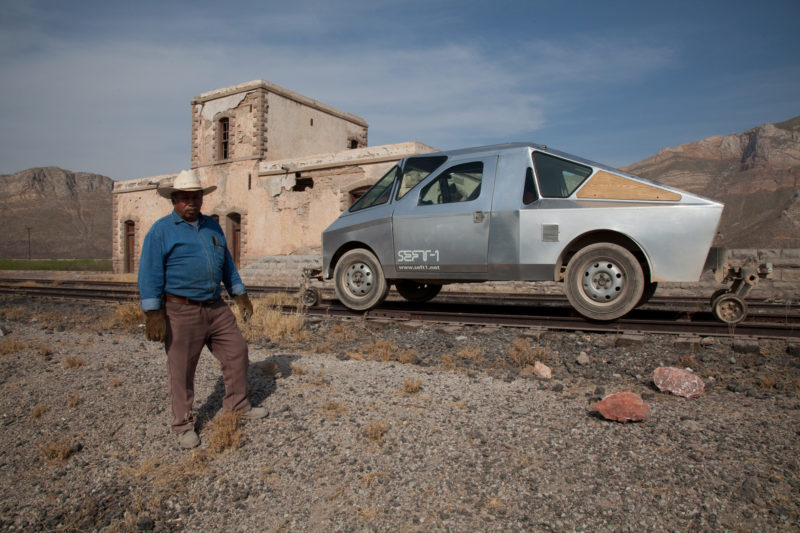
Throughout the journey, SEFT-1 captured videos and photos and even collected various objects. The interactive art project did an excellent job of exploring the human patterns of technological dependence, which appeared to be both a utility and waste.
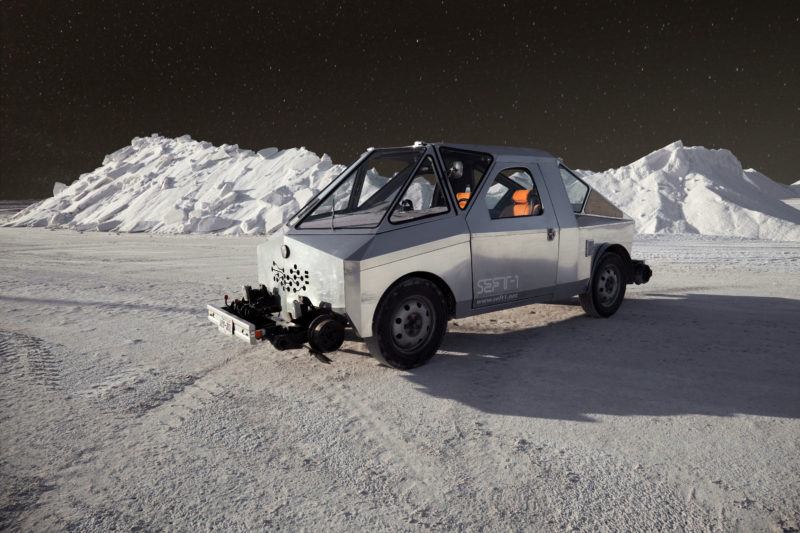
Inside the SEFT-1
As a car 3 that could be operated on both rails and land, SEFT-1 was fitted with audiovisual equipment that enabled the recording of the surrounding area and its infrastructure throughout the length of its passage. Some of the components it recorded include interviews of villagers walking the track and other activities.
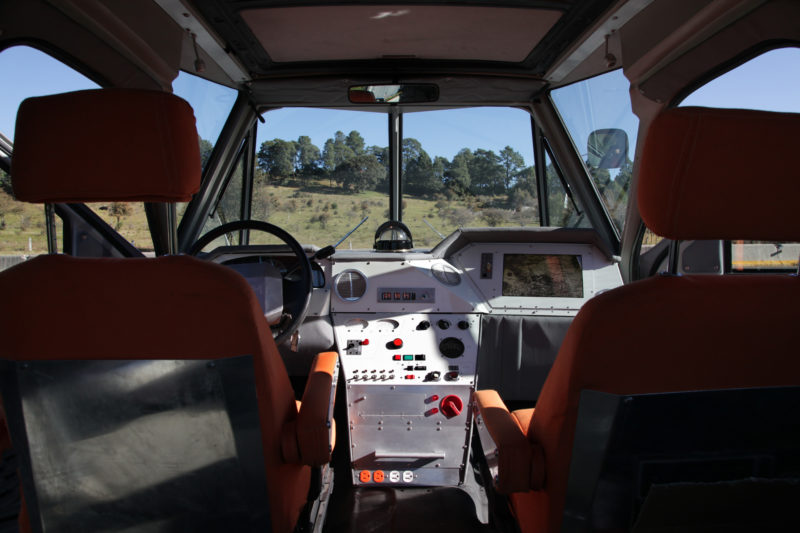
The information collected would then be shared on www.seft1.net, which gave users access to the SEFT-1’s condition and location. Users could also take a look at the probe’s geopositioning route maps, contextual data created by the research team, and videos of the vehicle’s journey. Aside from being broadcast on the website, the data gathered was also shown in some of the towns and cities that the probe passed through.
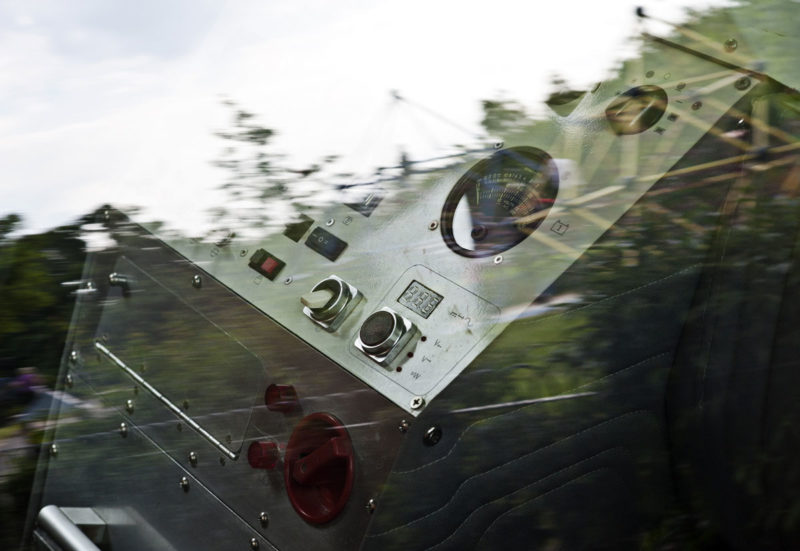
Video
The purpose of its creation
In the 2nd half of the 19th century, the Mexican government underwent a developmental phase that saw it partnering up with British construction companies. The partnership intended to see the construction of a railway line that would link Mexico City with the Atlantic Ocean. Today, that iconic infrastructure remains in ruins primarily due to the privatization of the railway system that occurred in 1995.
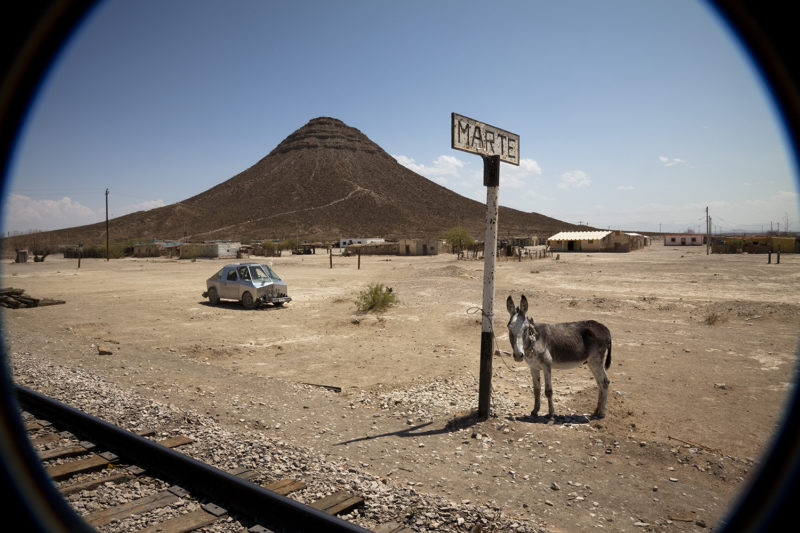
Therefore, the SEFT-1 was designed and created to highlight the geographical and economic consequences of an infrastructure that was left to rot.
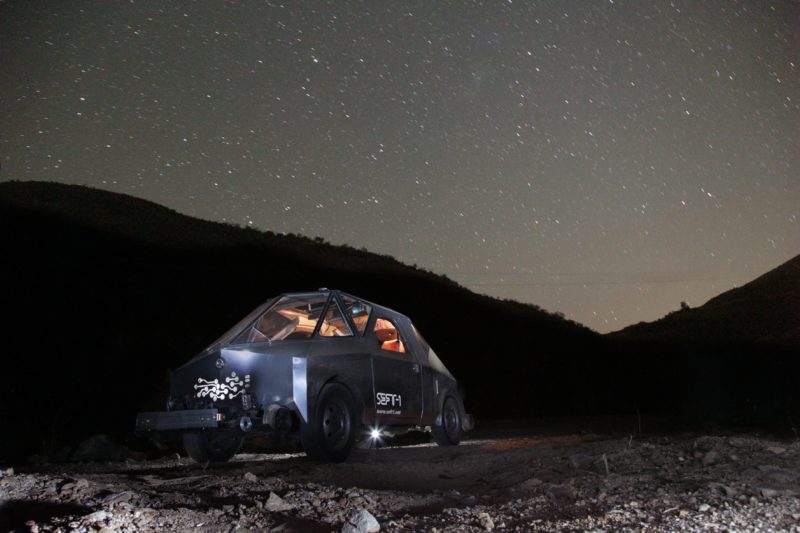
The brothers, aka Los Ferronautas, who derived their name from ferrocarriles, which translates to railway in Spanish, designed the vehicle to investigate what they termed as a misuse of common resources and abuse of political responsibility and power. Both brothers used the SEFT-1 investigating notions and promises of development and progress.
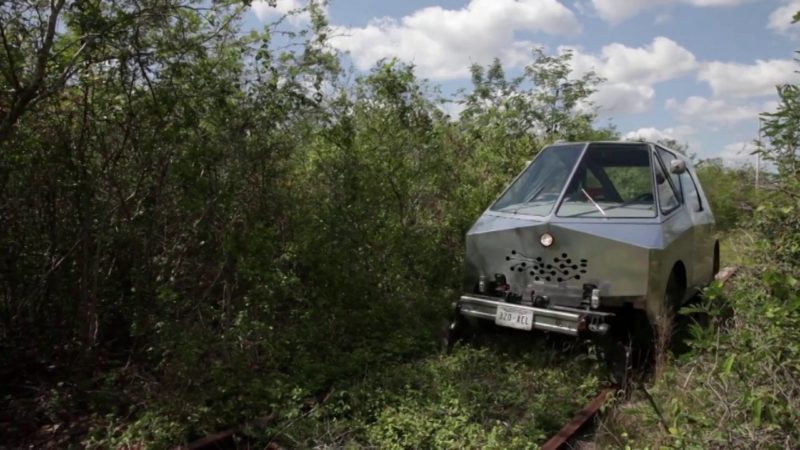
In all seriousness, we acted as ferronautas [railnauts] aboard her [the Probe], a profession that resides in the boundaries between artist-researcher and character of science fiction. This role allowed us to interact playfully, but also with the formality of the researcher at the same time.
